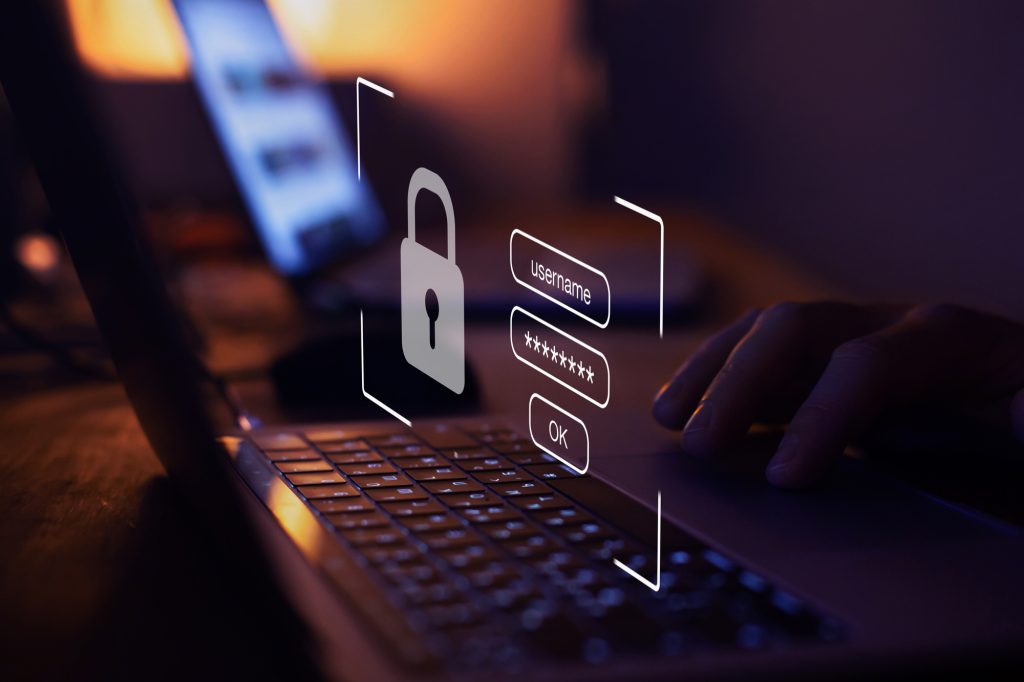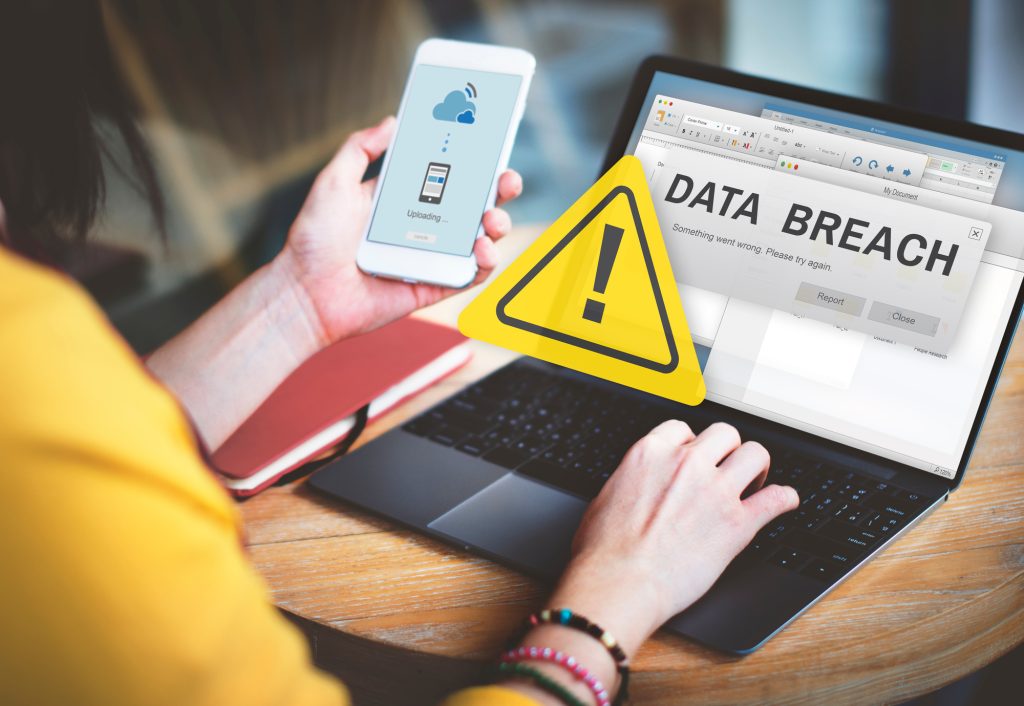
The world has become more and more fast-paced. Doesn’t everything seem to move, change, or happen very quickly nowadays? As a business owner or manager, you surely have felt that at some point while running your enterprise. The problem when things happen at a fast-forward rate is that interconnectivity suffers. Information overload, reduced attention spans, miscommunications, you name it. Those things may ensue at the workplace, so effective communication is paramount for business success. That’s where digital communication platforms and tools come in and help.
However, the increasing reliance on digital platforms for business messaging also exposes organisations to potential risks and vulnerabilities. In fact, more than six million data breaches were recorded within this year, and 2023 hasn’t even ended yet! With sensitive information and critical business discussions being transmitted through various channels, ensuring enhanced communication security has become a pressing concern for businesses of all sizes.
In this post, we’ll examine the key elements that contribute to a secure messaging environment, like SMS authentication. Are you ready? Let’s get right to it!
Overview of Business Messaging
Today, business messaging serves as the backbone of modern-day communication in organisations worldwide. From email, instant messaging, and collaboration tools, there’s no shortage of options for your company’s internal and external communication needs. But why are these messaging platforms and apps significant today? The magic lies in their ability to facilitate effective and efficient communication. So if you want to enable seamless information exchange and collaboration across your teams and departments, you certainly need one of these tools.
Remember the increased trend of remote work that led to geographically diverse teams in 2019? It’s when business messaging has really become the lifeline of collaboration, enabling team members to connect and work together seamlessly regardless of physical location or time zone. As expected, organisations nowadays heavily rely on these platforms not only for messaging but also for secure document sharing, project management, and even virtual meetings.

The Need for Enhanced Communication Security
The potential consequences of compromised communication channels are far-reaching. This year, the global average cost of data breaches has already reached USD$4.45 million. Again, 2023 isn’t over yet, with two months remaining. So if you think enhanced communication security can be delayed for small-to-medium-sized organisations, think again.
Here’s a closer look at why companies of all sizes must do something to secure their business communication channels:
Insecure Messaging Opens the Door to Various Risks and Threats
Hackers and cybercriminals love to intercept and compromise sensitive information. And they love doing it through insecure channels. Breach of confidential client data, trade secrets, financial information, and intellectual property are common. But that’s not the only thing they can do. Phishing attacks, malware distribution, and social engineering attempts are also very likely to happen to organisations using insecure communication platforms. Surely, you wouldn’t want to fall victim to any of these attacks.
Data Breaches and Unauthorised Access to Business Messaging Platforms can have More Severe Consequences than you Imagine
Data breaches or any other cyberattack can be costly. The potential legal action, regulatory fines, and loss of business all pose financial implications. Sure, one could get away with these and rebuild a company from scratch by taking out a loan or bringing in new investors. But how about the reputational damage that organisations face? News of a data breach or compromised communication can erode client trust and negatively impact relationships with partners and stakeholders. That can be challenging to recover from. Imagine its long-term effects on your organisation’s success.
Protecting your organisation’s interests and demonstrating a commitment to client and partner confidentiality in the digital age means ensuring the security of the messaging platforms you utilise. There’s no doubt about that.
Key Elements of Enhanced Communication Security
Enhanced communication security is no longer a luxury. It’s a necessity for modern-day enterprises. If you want to prevent data breaches and other cyberattacks from victimising your company, ensure that your communication tool, app, or platform incorporates one or a combination of the following security elements:
- Encryption: This process involves the conversion of information into a coded form that can only be deciphered with the appropriate decryption key. So if you want to render data unreadable to unauthorised individuals, encrypting files stored or passing through your communication channels would be a good idea.
- Authentication: Strong authentication measures are vital for maintaining secure business messaging environments. It verifies the identity of users and prevents unauthorised access to sensitive information. However, standard authentication may not be enough. So for an additional layer of security, try multifactor authentication (MFA), which combines two or more authentication factors, such as password, smartphone, and fingerprint or facial recognition.
- Access Controls: Finally, there’s access control. These controls dictate who can access specific resources, ensuring only authorised individuals can view, modify, or transmit data.
Start enjoying a robust and secure business messaging environment by incorporating the above-mentioned security elements.
Conclusion
For business owners or managers, there are already a lot of things going on in an enterprise every day. So a cyberattack is the last thing you’d want to happen while thinking hard about how to boost your bottom line and trying to keep your staff happy at the same time. To eliminate this concern, your organisation must prioritise communication security measures. Ensure that the security elements mentioned and discussed above are in place and remain vigilant and proactive. Remember, keeping communication channels safe is an ongoing process. Letting your guard down, even just for a day, could be disastrous.









